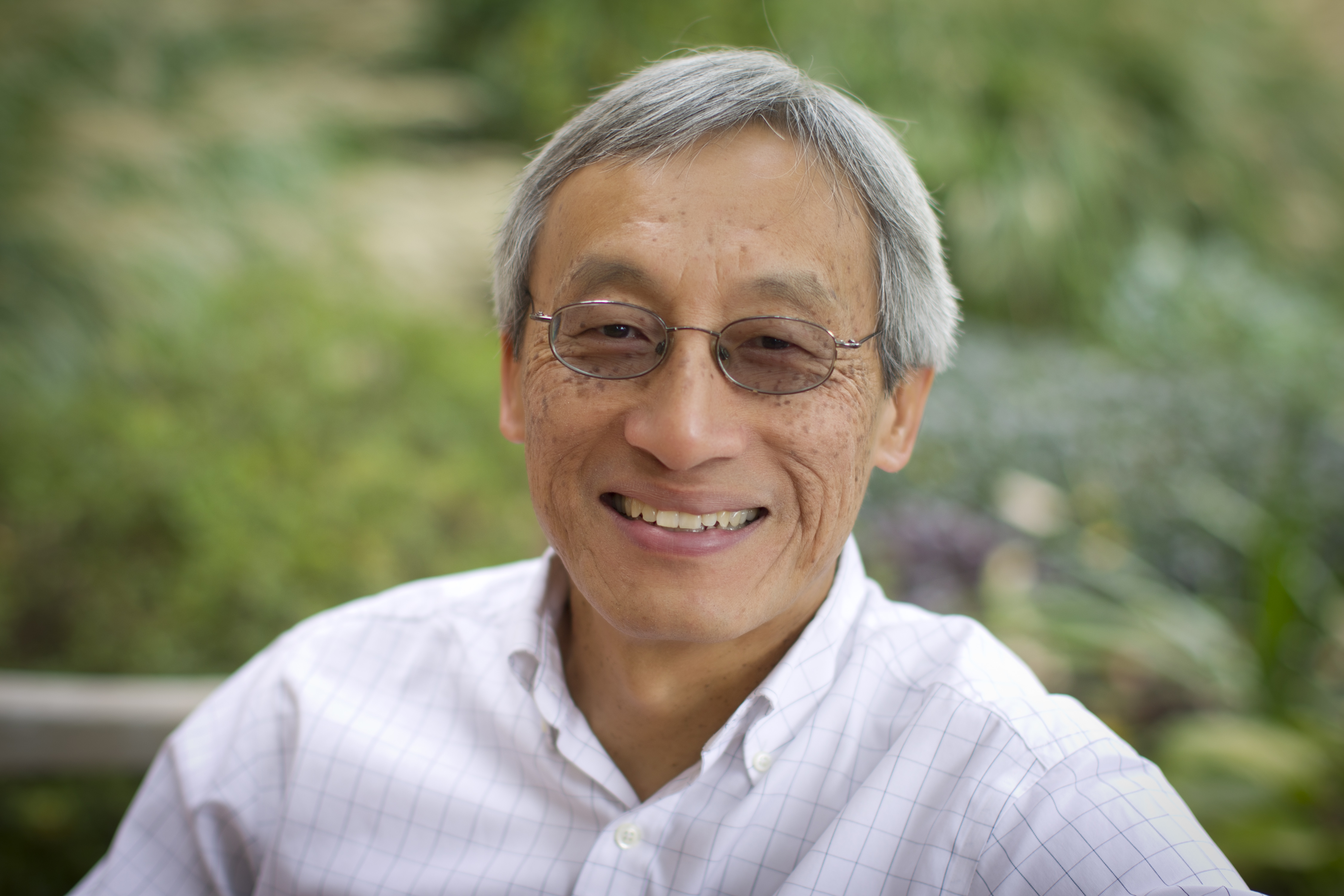
In the journal Cancer Cell, UNC Lineberger’s Channing Der, PhD, and his colleagues describe how pancreatic cancer may develop resistance to ERK inhibitors in pancreatic cancer. Yet, researchers believe they have identified a potential therapeutic solution to the problem that they hope will spur pharmaceutical research and development.
“With several ERK inhibitors now under clinical evaluation, including for pancreatic cancer, our study suggests that cancer cells will become resistant to this treatment,” said Der, who is the Sarah Graham Kenan Distinguished Professor in the Department of Pharmacology. “However, if the ERK inhibitor could be combined with an inhibitor of ERK5, this resistance mechanism is blocked, and cancers are now responsive to the ERK inhibitor.”
Decades after scientists discovered that mutations in a gene called RAS can cause cancer in people, researchers have yet to find a therapy that can directly target the mutation’s effects. Researchers report that approximately 95 percent of pancreatic ductal adenocarcinomas have mutations in KRAS, which is a gene in the RAS family.
Researchers in Der’s lab have been trying to find therapies that work by targeting downstream effects of the RAS mutation, rather than directly targeting the protein created by the RAS mutation itself. They have been working to identify approaches that block signals, including ERK, that help drive cancerous growth, and that are downstream of KRAS. The RAF-MEK-ERK pathway, which includes the signaling protein ERK, is widely regarded to be key for regulating cell growth, and it becomes aberrantly activated in cancers with KRAS mutations.
In previous studies, Der and his colleagues determined that not all pancreatic cancers were responsive to ERK inhibitor treatment. If the cancer lost the MYC oncoprotein, however, they were responsive. In their new study, cancer cells can became resistant to ERK inhibitors by simply activating another pathway using the ERK5 protein.
“We found that when cancer cells are treated with an ERK inhibitor, another signaling pathway is activated, leading to activation of another kinase, ERK5,” Der said.
Der said that ERK5 inhibitors have not reached clinical evaluation, but he hopes that their study’s demonstration of a clinical use will help spur research.
“Our study provides a clinical setting where such inhibitors could be very useful, and used together with ERK inhibitors,” he said. “So, our findings hopefully will stimulate more research and development.”
In addition to Der, other authors include Angelina V. Vaseva, Devon R. Blake, Thomas S.K. Gilbert, Serina Ng, Galen Hostetter, Salma H. Azam, Irem Ozkan-Dagliyan, Prson Gautam, Kristen L. Bryant, Kenneth H. Pearce, Laura E. Herring, Haiyong Han, Lee M. Graves, Agnieszka K. Witkiewicz, Erik S. Knudsen, Chad V. Pecot, Naim Rashid, Peter J. Houghton, Krister Wennerberg, and Adrienne D. Cox.
The study was supported by the National Cancer Institute, the Pancreatic Cancer Action Network/AACR, the U.S. Department of Defense, the Lustgarten Pancreatic Cancer Foundation. Individual researchers were supported by the NCI, the American Cancer Society, the Slomo and Cindy Silvian Foundation, the Pancreatic Cancer Action Network/AACR.
